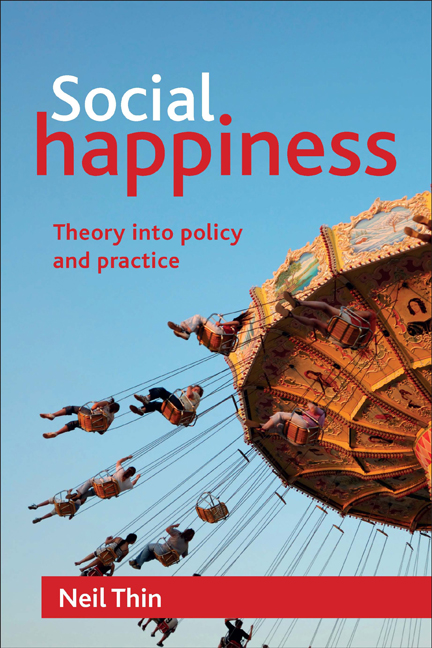fifteen - Shopping for happiness: corporate happwash and consumption ethics
Published online by Cambridge University Press: 01 September 2022
Summary
I have learned to seek my happiness by limiting my desires, rather than in attempting to satisfy them. (John Stuart Mill)
You can never get enough of what you don't need to make you happy. (Eric Hoffer)
Corporate happwash and the market's hidden heart
As is well known, Adam Smith argued in Wealth of nations that the ‘hidden hand’ of the market allowed people to promote social happiness by pursuing their own self-interest as consumers and producers. In The theory of moral sentiments, by contrast, he emphasised humanity's natural interest in other people's happiness, which we promote for no other reason than the joy of considering it. Any serious debate about the ethics of business and consumption turns on these two quite different mechanisms for happiness promotion – the mechanical synergies between self-interest and virtue achieved through the market, and the enlightened self-interest of deliberately promoting other people's happiness. This latter theme, the ‘heart’ which motivates us to cherish other people's happiness, is all but entirely hidden in discourses on ethics of consumption and business.
We’ve all heard of ‘corporate greenwash’ – the accusation of implausible or tokenistic claims to environmental responsibility. Other variants like ‘bluewash’ (use of the UN flag to gain respectability) and ‘sweatwash’ (claiming to avoid the use of sweatshop labour) similarly echo the well-known Tom Sawyer vignette in which he persuades other children to pay for the privilege of doing his punishment exercise of whitewashing a fence. In that example, everyone's a winner: the fence painters, genuinely persuaded that whitewashing is an enviable task, are as happy as Tom. We might also consider the concept of ‘corporate happwash’ – marketing or seeking reputational gains by using implausible promises of happiness. Examples include the classic ‘Happiness is a cigar called Hamlet’, more recent insidious efforts to promote smoking in Africa by linking it to music and happiness (Patel et al, 2009), or the labelling of the sugary drink 7Up as ‘Seven Happinesses [qu xi]’ in China, echoing Coca-Cola's efforts to link its products with happiness in China and elsewhere since the 1920s, but also recalling 7Up's own promotion in the 19th century as a lithium-based mood-booster in health spas (Healy, 2002, p 47).
- Type
- Chapter
- Information
- Social HappinessTheory into Policy and Practice, pp. 211 - 222Publisher: Bristol University PressPrint publication year: 2012



